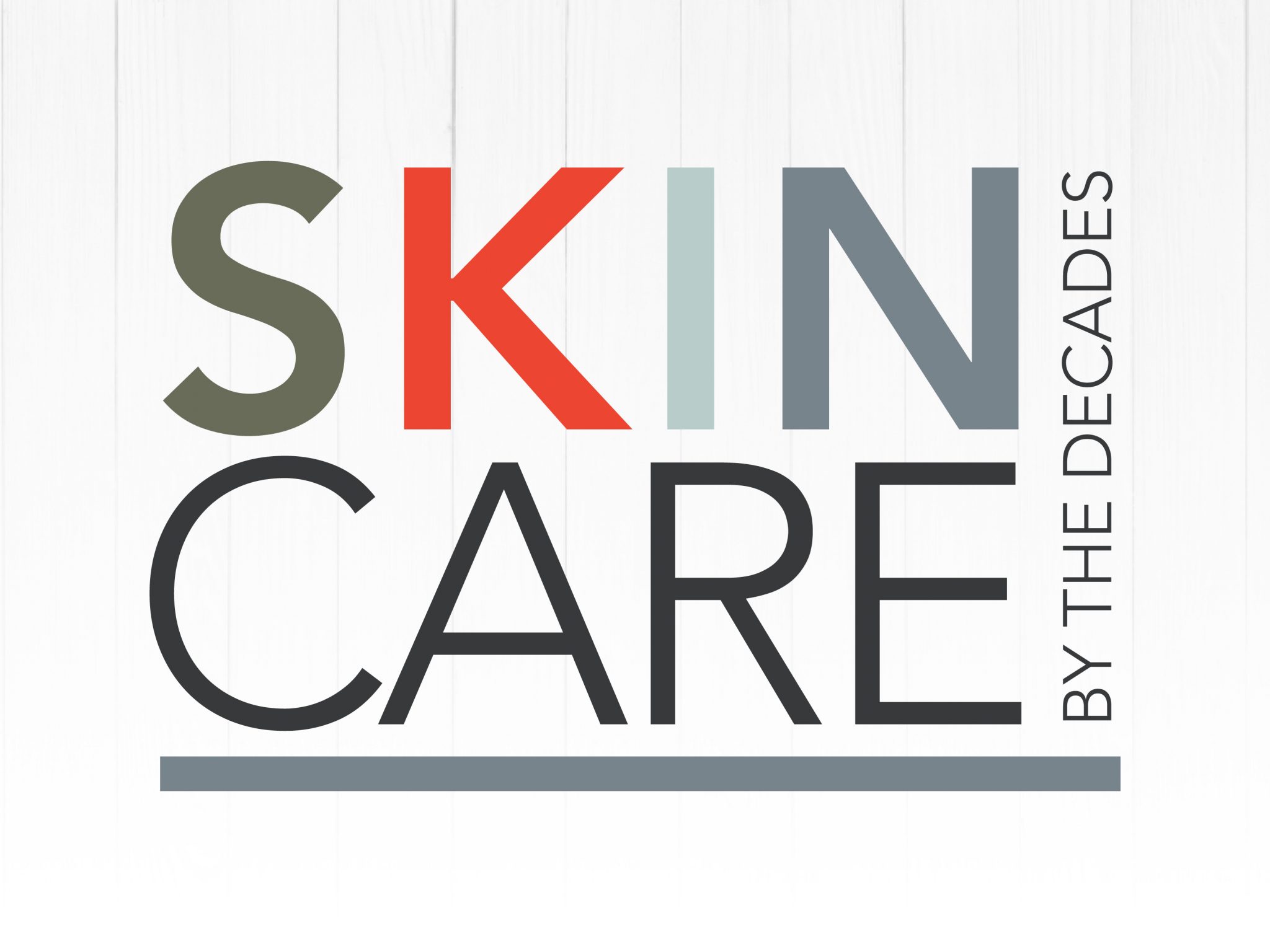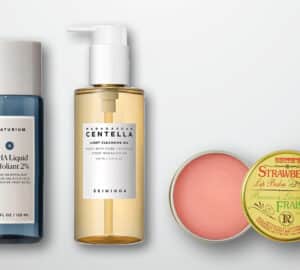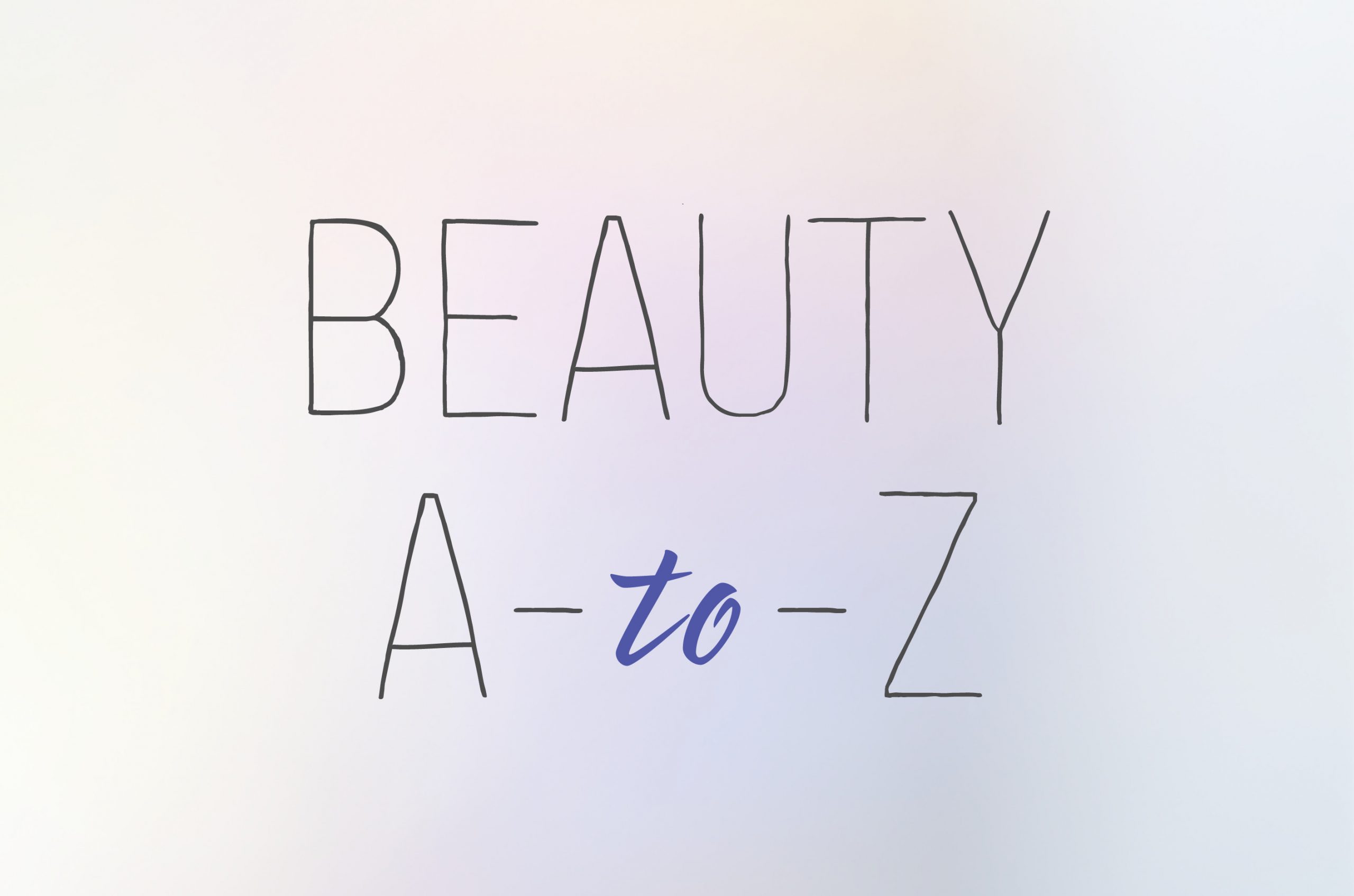your skin care needs accumulate with each decade
Neglect at one stage multiplies into future issues. “The condition of your skin in your 50s and 60s depends on whether you were taking care of it and staying out of the sun in years prior,” says Jackie Carr, nurse practitioner at PUR-ONE Medispa. “For each decade, sunscreen is the No. 1 product to slow the aging process and protect you from skin cancer.” Dr. Michele Koo, a plastic surgeon in private practice, agrees. “Even in young adulthood, when the skin fares pretty well on its own, there are three things to remember: sunscreen, sunscreen and sunscreen, in 40 SPF and up!”
Age-appropriate skin care delivers the most natural and appealing results, Carr says. “You will feel good about yourself if you look as good as you can at every age,” she notes.“There is a lot of over-filling going on—no one wants to be a 60-year-old trying to look like a 20-year-old because that doesn’t necessarily make you look more youthful. It’s OK to have some lines and wrinkles!”
20s
>> Use acne and pigment products as needed.
>> Nightly cleansing and antioxidant vitamin serum are the only recommendations now, Koo says. “People are too busy in this decade to take care of their skin, so my philosophy is to simplify to the bare minimum.”
>> Use sunscreen.
30s
>> Welcome your wrinkles!
>> Use a gentle exfoliating cleanser appropriate to your oil-control needs.
>> Apply a retinoid to prevent wrinkles and ultraviolet light damage.
>> Regularly use a hyaluronic acid moisture barrier to maintain plumpness and radiance.
40s
>> Aging mechanisms under the skin’s surface are emerging in this decade, Carr says. You can treat dynamic wrinkles with Botox or address subsurface areas with dermal fillers to give structure to the face and make it more youthful.
>> Microdermabrasion or chemical peels can take off dead skin and help new skin generate faster.
>> The efficiency and ability of skin cells to fight environmental damage declines, Koo says.
>> Cleanse with a gentler, creamier product to maintain the skin’s natural oils.
>> Apply a retinoid cream that is more buffered and of appropriate strength to begin repairing environmental and UV damage, to prevent wrinkles from forming and keep pores tighter.
>> Think about pigment control to prevent age and sun spots.
>> Antioxidant serum and sunscreen continue to be important.
50s
>> The sebaceous glands, which secrete skin oils, may be overproducing and enlarging pores, so do a deep cleanse with products that keep pores clean.
>> Skin is becoming even more lax. Try to keep the collagen stimulated so it can be a better support structure for the underlying surface of the skin and reduce wrinkles and lines.
>> Koo prescribes continued use of all of the previous products with some modifications: If the skin is still oily, the cleanser needs adjustments. Your blend of retinoid depends on skin damage, sensitivity and thickness.
>> Skin products need to be made of the purest ingredients in appropriate concentrations.
>> An antioxidant serum should be more concentrated in vitamins to repair damage and work as building blocks for cells and collagen.
60s+
>> In this decade and up, skin is dry, damaged and inefficient. Skin care is all about repair and replenishment with continuous ongoing maintenance.
>> Sunscreen is a must every day, even if you are never outdoors or near windows.
>> Retinoid of increased concentration may depend on the damage and texture of the skin and pores.
>> Increased pigment control is essential unless the skin and hair are fair and sensitive.
>> Use a moisture barrier, especially in bitter cold winters and high altitudes.
>> Use an antioxidant serum of medical quality with the purest of vitamins so inefficient skin cells will absorb and use the vitamins to rebuild the scaffolding of younger skin. According to Koo, all of the above products are no longer optional!
adult acne
Zits are the pits at any age. Most people pay their acne dues during adolescence, but why do some face the heartbreak in adulthood?
the facts
According to Dr. Urvi Patel, a dermatologist at Washington University School of Medicine, classic oily skin acne occurs when pores get clogged and the body reacts to it with inflammation. Clogged pores are caused by lifestyle and what we put on our faces.
Typically, hormones stabilize in our 20s, and our skin doesn’t make as much oil. Seventy to 80 percent of teens are likely to experience acne, and Patel says beyond adolescence, the incidence is about 30 to 40 percent. Genetics play a role and allow skin to continue to make oil even when hormones have balanced out. Patel says some people, especially women, have hormone fluctuations that cause acne into adulthood, even as late as their 60s and 70s.
how to treat
Over-the-counter skin care products can ward off milder outbursts of acne, Patel says. Prescription creams can decrease oil production and calm the skin. In severe cases, oral medications are used.
Current treatments are much improved. Patel explains that topical creams are now gentler on the skin, so they can be used more often. There are pills to attack inflammation, and some decrease oil production and get to the root cause of acne. Seeking treatment is important because acne is more than a skin issue; it can affect you psychologically. Patel notes that there are higher rates of depression in people with acne.
glowing skin
Anything that glows looks exceptional and extraordinary. “Light can be absorbed by fine lines, large pores and pigment in your skin,” says Carol Anderson, certified aesthetic nurse specialist and owner of Nouveau MedSpa. “The smoother your skin, the more radiant it will be.”
nutrition
“Putting good, nutritious food in your body is reflected in your skin,” Anderson says. Susie Lynch, licensed esthetician at the Women’s Laser Center of St. Louis, agrees. “Eating healthy and clean keeps your skin healthier,” she notes. “The chemicals in processed food can affect your hormone balance, which can affect how much oil your skin produces and ultimately how it looks.” Excessive sugar and alcohol in your diet can break down the collagen that supports facial tissues, and excessive caffeine is dehydrating, Anderson adds. “Hydration is extremely important,” she says.
fluff and buff
“If you hydrate skin that has lines, large pores and sun damage, you won’t glow,” Anderson says. Lynch suggests sticking with a good skin care regimen. “Wash your face every morning and night,” she says. “As you age, treat your face with anti-aging serums that restore vitamins destroyed by sunlight. Our ability to produce collagen decreases as we get older, so a serum or tablet with Vitamin C helps your body produce collagen.”
Exfoliation clears dead and flaky skin cells, Lynch adds. Some products can be used several times a week, while others should be limited to weekly use. Having a facial at least one every other month really cleans the pores and makes sure the products you are using are able to penetrate the skin,” she says. “Don’t over-exfoliate, though, because your skin cell production can’t keep up.”
Anderson says using quality products at home really does matter. “Antioxidants and sunscreen make a difference,” she notes. “And always put Vitamin C on your face—it acts as a brightener and protects you from the sun.”








